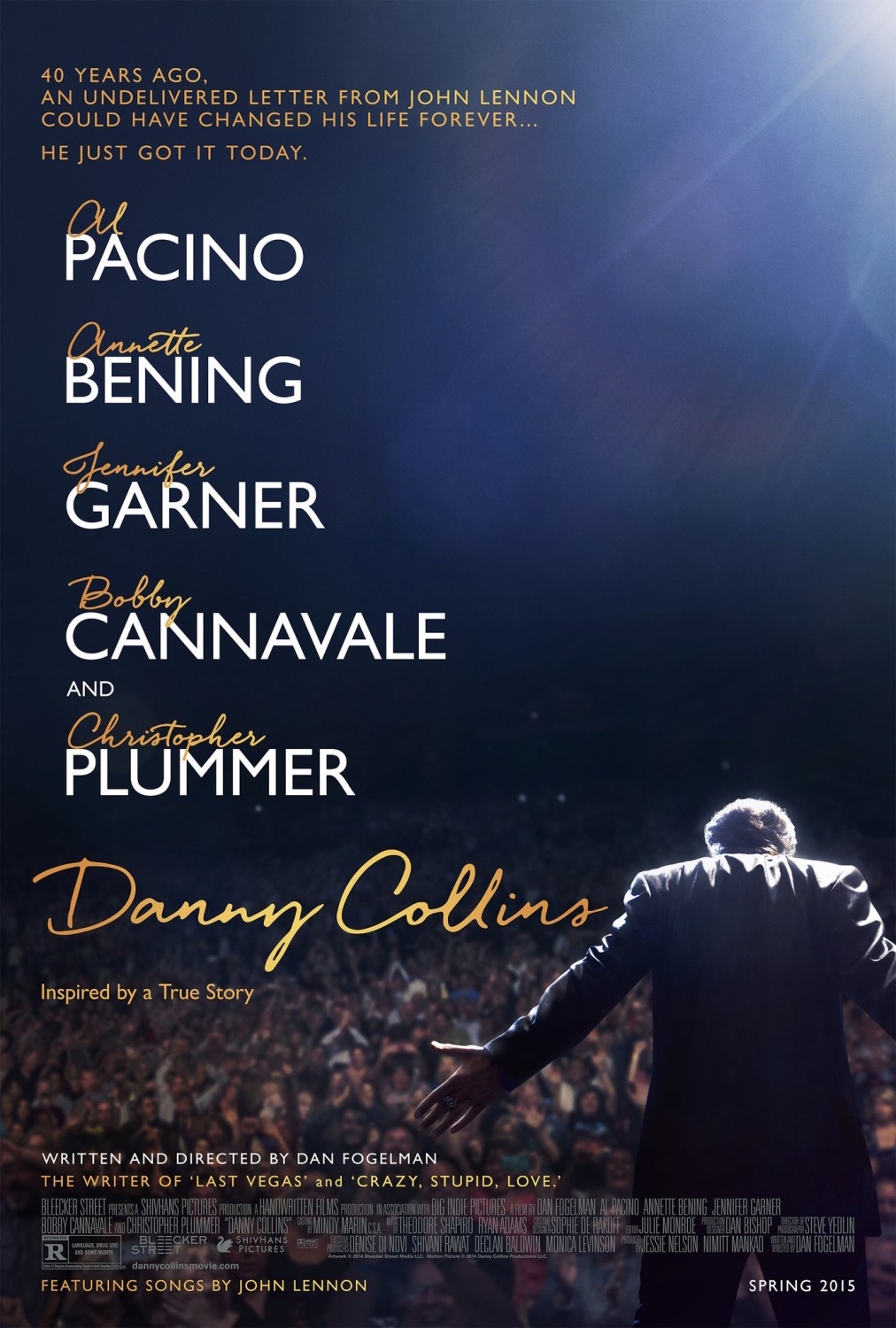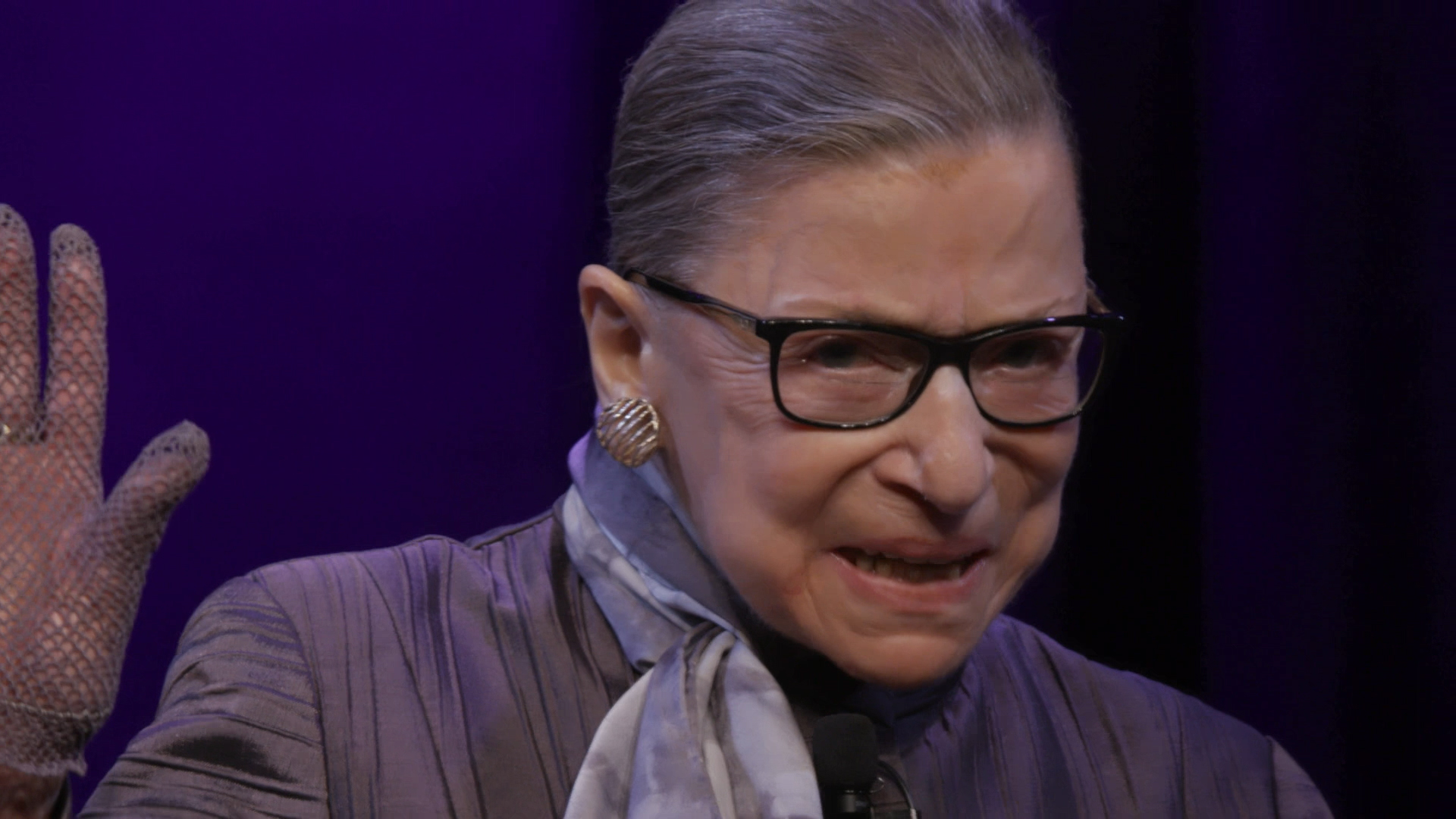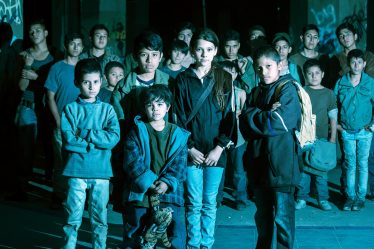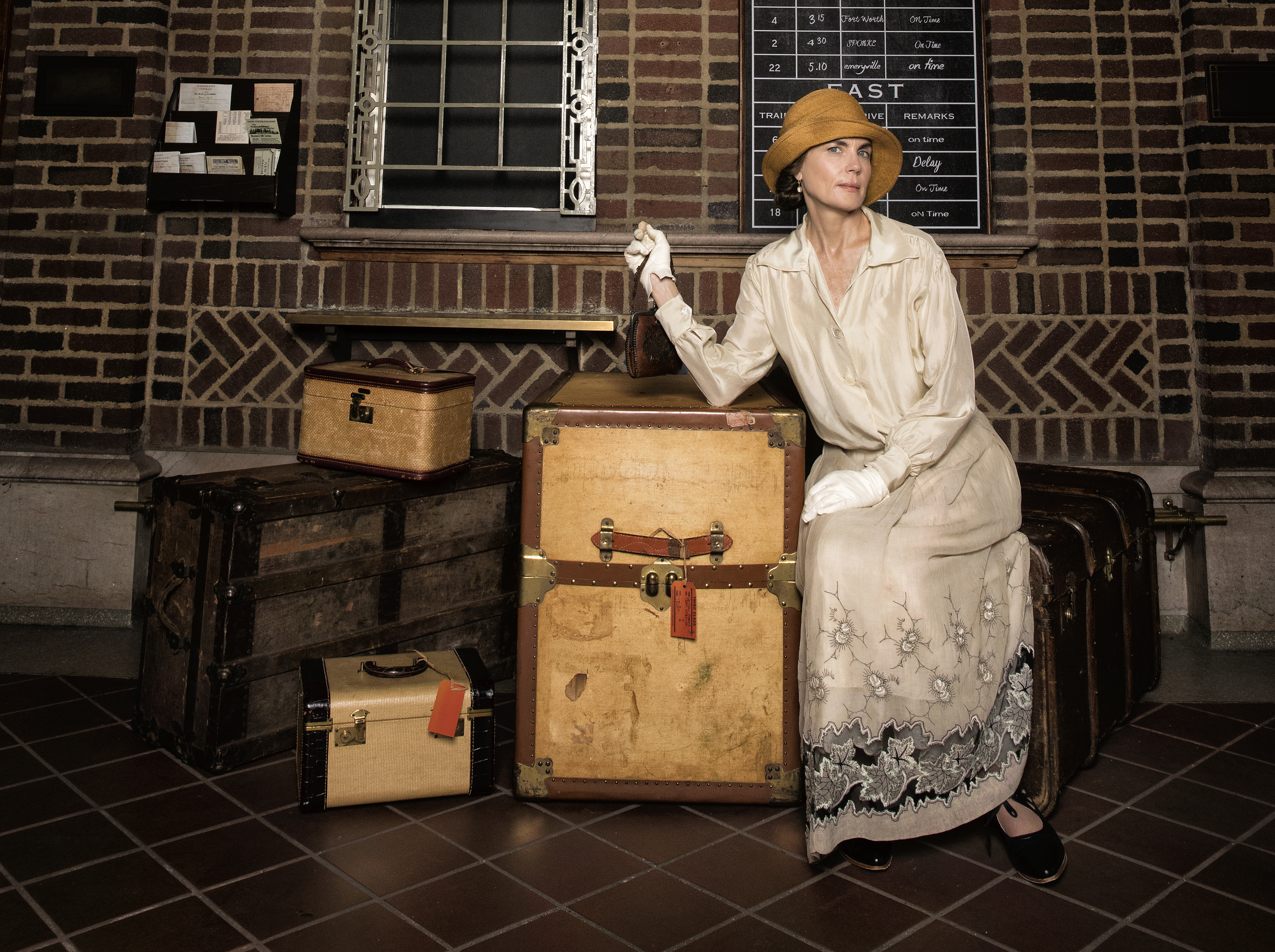
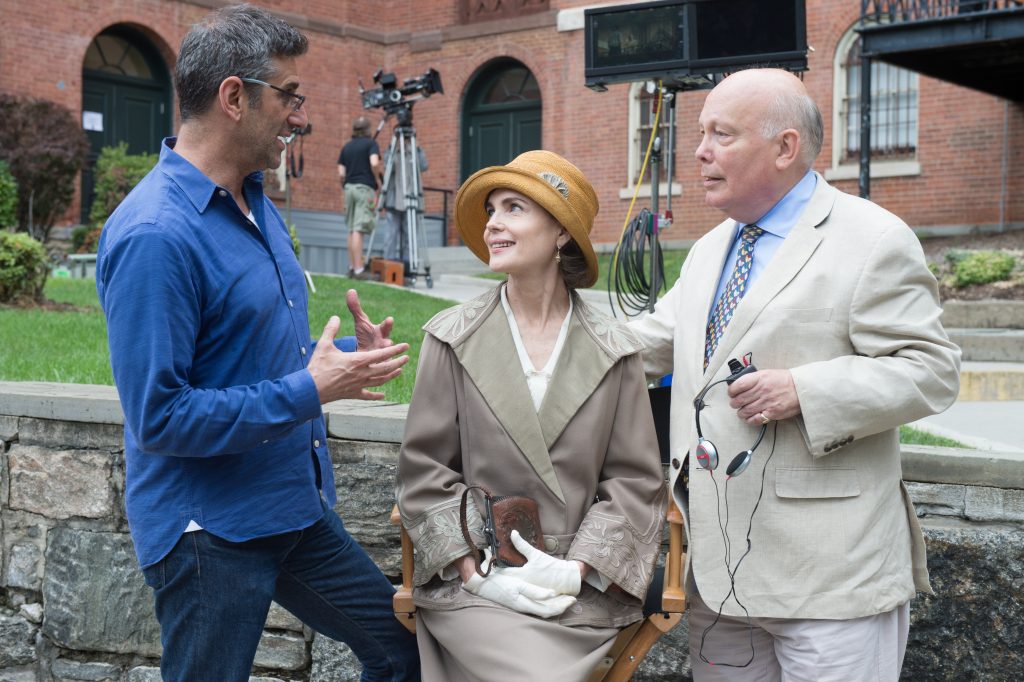
For women who can’t stand to read one more headline celebrating misogyny and ageism in the headlines, it’s time for a little pick-me-up. Thank Goddess for Elizabeth McGovern, who will always fit the bill. She brings another breath of fresh air with the new film The Chaperone, which McGovern optioned from the bestselling novel by Laura Moriarty, and as producer, brought on Downton Abbey scribe Julian Fellowes to adapt it for the screen and Michael Engler, the beloved BBC show’s director who is also directing the Downton Abbey feature film, as helmer.
As ever, McGovern reaffirms herself as an actress deserving of the titles Mistress of Nuance and Patron Saint of Women of a Certain Age, creating compassion from viewers as she traverses through her story arc of self-discovery and search for fulfillment.
The film stars McGovern as Norma Carlisle, an unhappily-married society patron in Wichita, Kansas, who offers herself as traveling partner and chaperone to a nubile, underaged wanna-be dancer (Haley Lu Richardson) who has been offered a place at a prestigious dance school in New York City. This girl, whom Norma recognizes as having star quality, and an inner light she knows is quickly burning out in herself, happens to be none other than the soon-to-be screen sensation and Jazz Age darling Louise Brooks. The skeleton of the story has its origin in real life, as Brooks did leave home to work with the famed Denishawn Studio at the same time as Martha Graham, with a chaperone in tow.
Early in their time together, Norma tries to play the staid chaperone to Louise, warning the flirty, rebellious Louise that “men don’t like candy that’s been unwrapped”. It is through experiencing New York with Louise, who presents herself as comfortable with her sexuality, that Norma begins to consider how she feels about herself as a woman with desires deserving of being fulfilled. In real life, Louise Brooks served as a major figure in allowing women to break rules, reshaping some of them to create opportunities for emotional, sexual, and professional authenticity. In so doing, Brooks figuratively fell on her own sword, and that is handled a bit in the film. In The Chaperone, however, the focus is largely on Norma as representative of one of the many women inspired by Brook’s free spirit, independence, and her refusal to be seen as lesser-than by nature of her gender. Richardson, as Louise Brooks, has the kind of magnetism that makes the obsession with the 20s film star believable. She makes her character seem complex enough in her heartfelt conversations with Norma, and her explorations of all aspects of New York society that her ability to influence her caretaker makes sense. Richardson plays her as all bubbles and determination, but she shows us the brain cogs turning underneath all that sparkling energy.
As a writer, Fellowes has revealed he is best at examining the constraints of class and gender. His characters expose who they are by how they handle those challenges and what actions they take in the face of them. In real life, Louise Brooks had repeated setbacks, largely because she was so independent and intelligent. As a woman coming into her own in the early 20th century, she did as she pleased, acting like a man would, were he in the same position. As characters in The Chaperone, Brooks and Carlisle find commonality in their desire to be more than what society expects of them. Carlisle strains at choosing what might lead to happiness over what will secure societal approval, and Brooks moves through her daily life sating her curiosity and her passion, regardless of the repercussions.
So far, the lion’s share of reviews are by aging white men who have expressed their ennui and boredom over The Chaperone not focusing more on the 15-year-old character. Quelle surprise. As to audiences, only those expecting an exhaustive examination of the early life of an iconoclastic screen siren will be disappointed, but hey, you’d think they’d figure out she isn’t the central character from the movie’s title. There may be a few slower moments or times in which scenes don’t lead to satisfying conclusions, but that may well have been by design. Still, ultimately this is McGovern’s movie, and she partners with Richardson to make every scene eminently watchable.
The Chaperone is a delightful diversion for fans of period films, personal development, and women over 40 getting what they want. Hopefully that will make up a hefty percentage of moviegoers.
3 1/2 out of 5 stars

